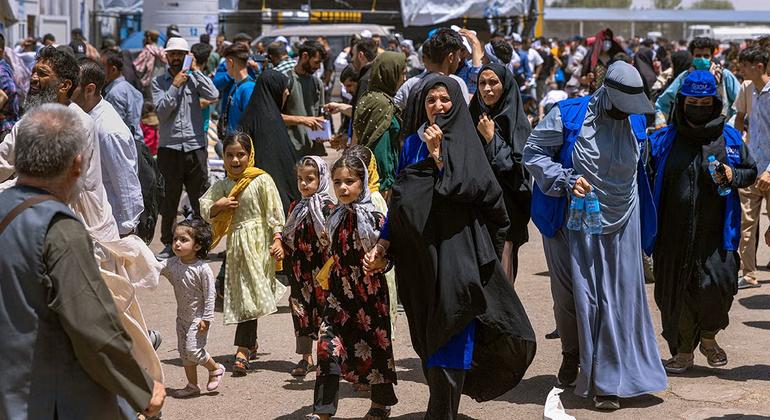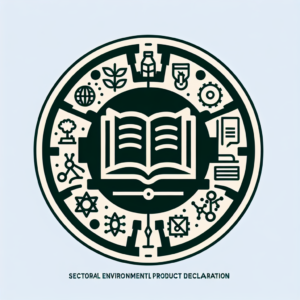Here’s the translation into American English:
—
The tightening of restrictions imposed by the Taliban on women working with UN agencies has led to a severe humanitarian crisis in Afghanistan. The recent ban on female employment has forced international organizations to drastically reduce their essential services, directly impacting assistance to communities affected by the devastating earthquake that struck the eastern part of the country. Arafat Jamal, UNHCR representative in Afghanistan, emphasized the critical situation, stating that “we simply cannot operate without them.”
Despite warnings about the consequences of these restrictions, Taliban security forces have blocked women’s access to UN facilities in Kabul. This has forced UNHCR to temporarily close its support and cash distribution centers for vulnerable Afghans. Jamal highlighted that registering these individuals, which includes the use of biometric data and interviews, has become “totally impossible” without the participation of Afghan female workers, especially considering that more than half of the returnees are women.
Since the beginning of the year, an estimated 2.6 million Afghans have returned from neighboring countries, many of them forced to do so. This increase in the number of returnees has tested both the local aid system and the capacities of international organizations. Nearly 100,000 people have arrived from Pakistan alone in the first week of September.
The crisis is further exacerbated by a recent natural disaster: a magnitude 6.0 earthquake that struck the provinces of Kunar and Nangarhar, resulting in a tragic death toll of at least 2,164, including 1,172 children. In the face of this tragedy, the United Nations Children’s Fund (UNICEF) has raised alarms about the uncertain future facing the affected children. Many kids, including several girls who have lost their families and homes, now find themselves in extremely vulnerable situations.
Moreover, the difficult geographic conditions in the affected areas complicate humanitarian efforts even further. The mountainous and remote regions present dangerous access due to poor roads and rockslide risks. Humanitarian workers have warned that the earthquake has exacerbated already severe problems in the country, leaving many people homeless and without resources.
Despite these adversities, UNICEF remains committed to providing support to affected families, hoping to help children face an uncertain future amid overwhelming devastation.
Source: MiMub in Spanish











